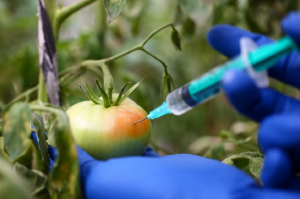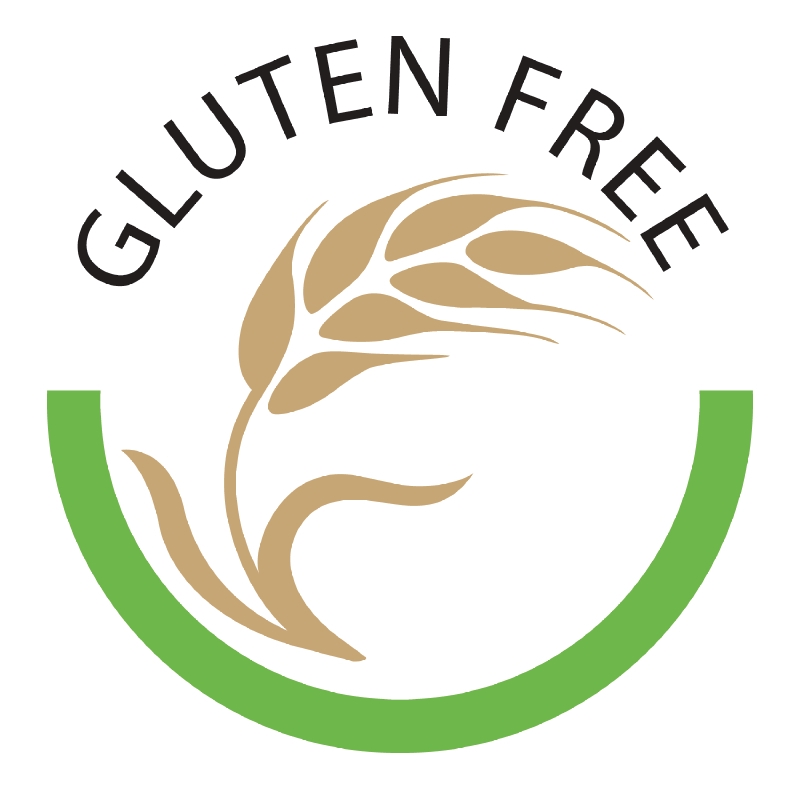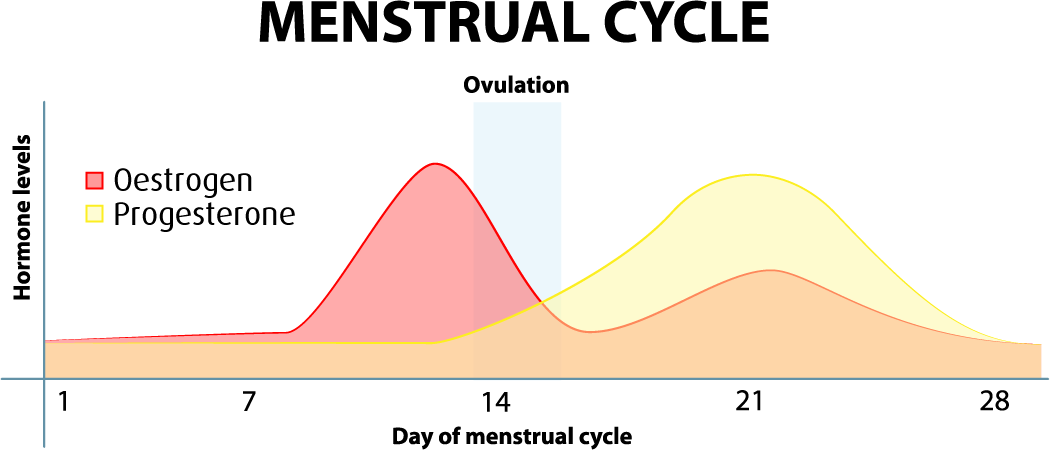We all know that eating a lot of processed foods like chips, sugary treats, and fast food will make you gain weight. When our clothes don’t fit, we know we’re in trouble. When we feel bad and have a physical reaction to something we shouldn’t eat, that’s another sign. What many don’t realize, however, is there is another devastating effect of processed foods and it affects more than our pants size. It’s a silent attack that only really shows itself when it’s too late—when the parts of the brain that control mood, thinking and memory have been destroyed.
What is a processed food?
The official processed food definition covers any food that has undergone any type of change before it’s ready to eat. This can mean processed meats or produce that have simply been frozen to extend longevity. It definitely means unhealthy processed foods like chips or hotdogs. To put it simply, processed food is anything that has undergone changes in order to achieve a specific taste, texture, and appearance (Dr. Axe).

That organic chicken dinner you made the other night was processed. The raw chicken was probably frozen and then it was definitely cooked (or you’d be super sick after). The mashed cauliflower you had on the side was roasted and “mashed.” The nut butter you had with your apple didn’t start off that way. It was once a pile of almonds that were then ground down and churned into a creamy spread. I could go on and on, but let’s just save some time: If it hasn’t been eaten after being pulled directly from the ground or plucked from a stem, it’s processed. If it’s been frozen, it’s processed. If it’s been blended, chopped, or boiled, yes, it’s processed.
Now, stay with me.
Not all processed foods are created equal. Snacking on Doritos is not the same as adding frozen spinach to your protein shake or smoothie. Confused? Check out Dr. Axe’s spectrum below to learn the differences.
Dr. Axe’s Processed Foods Spectrum
Avoid: Ultra-processed foods
Frozen dinners (yes, that includes pizza), all sodas (yes, even diet), store-bought cakes and cookies (Little Debbie, Hostess, etc), and boxed cake, brownie, or cookie mixes.
Not Often: Processed foods
Things like jarred pasta sauce, sausage, store-bought salad dressings and whole-grain bread aren’t terrible in moderation or when you’re short on time but it’s ALWAYS best to make your own.
Better: Minimally processed foods
This includes things like extra virgin olive oil, meats (pastured raised), plain yogurt, nut butters (where the only ingredients are nut and salt), and organic frozen vegetables and fruit.
Best: Unprocessed foods
Fresh organic fruit, wild-caught fish, and organic veggies fall into this category. They’re as delicious and fresh as nature intended them to be.
Ultra-Processed Ingredients that Effect Thinking and Memory
Additives are substances added to food to preserve flavor or enhance its taste, appearance, longevity and other qualities. These “extras” are added to make the food “better.” They really only make the food dangerous.

Fructose Study
One of the most common additives in ultra-processed foods is sugar in the form of fructose. On average, we consume about 38 pounds (more than 3 pounds per month!) of high fructose corn syrup every year (statista.com). While we are all aware of what processed sugar does to our waistlines, recent studies have shown that consuming large amounts of fructose leads to changes in the way the genes in our brain behave. These epigenetic effects are linked to cognitive decline, Alzheimer’s, and attention deficit disorder (ADD).
During one study at UCLA, scientists found that the animals tested developed significant cognitive impairments when they consumed high fructose corn syrup at the equivalent rate of a human drinking a liter of pop per day (Euler). They found that fructose altered two genes called Bgn and Fmod, which began a domino effect that disrupted the functions of hundreds of other genes (Euler). By the end of the study, the researchers discovered over 700 damaged genes in the brain’s hypothalamus (part of the brain that affects metabolism) and more than 200 genes in the hippocampus (the brain’s memory center). These effects significantly changed the animals’ behavior. Many of these genes are linked to inflammation and can be directly linked to Parkinson’s disease, depression and other brain impairments (Euler).
Ultra-Processed Foods and Their Effects on Mood

Nitrates: Another dangerous food additive is Nitrates (a preservative), which is added to processed foods (mostly processed meats) to stop the growth of bacteria and enhance the flavor and color of foods. Think: Your hotdog meat isn’t really that pink. Recent studies at John Hopkins found that not only are nitrates linked to cancer, but they are also shown to have serious effects on mood and can even lead to mania: a mood disorder that makes you hyperactive, unreasonably euphoric, and prone to insomnia (Euler).

Additive Sugars: Additive sugars like fructose affect thinking and memory. They also seriously alter our moods. There’s always a generic “high” that comes from a sugar rush. Unfortunately, there’s always a “crash” after the high. This chemical reaction increases feelings of anxiety, irritability and depression, and makes it harder for the body to fight stress (Munoz).
Fight Back Against Processed Foods
The best way to fight processed foods is to avoid them. I know, I know. It’s just not realistic. In today’s constantly moving world, sometimes there just isn’t enough time to read every label. We can’t live in bubbles, and while I’d always imagined myself living out in the middle of nowhere and growing my own foods, I’m not quite there yet.
I get it.
So, while we do our very best to eat clean, sometimes a little fructose is going to sneak in. What do you do to combat that?
BALANCE.
In that very rare instance you do have a processed treat you can fight back against any negative effects with two healthy foods.
The first is green tea: Lab tests show that the natural chemical in green tea, epigallocatechin-3-gallate (say that 3 times fast), can at least partially offset the harmful brain issues linked to fructose (Euler). Who doesn’t love a good cup of green tea? The trick is to find an organic green tea and you really should be looking for a caffeine-free version if you plan on drinking more than one cup per day. Here’s a good one on Amazon.
UCLA researchers who have studied the effects of fructose say that the omega-3 fat docosahexaenoic acid (DHA) found in fish and fish oil also can reverse a portion of the harmful brain changes linked to fructose (Euler).
Combat the Effects on Mood with These Uplifting Foods
Just as there are additives that put you in a bad mood, there are also foods to put you in a good mood and fight depression and anxiety.
Organic Dark chocolate
Dark chocolate is rich in compounds such as caffeine and cacao seeds. Both have shown to increase the production of feel-good chemicals in your brain.
Fermented foods
Your gut produces about 90% of your body’s serotonin. That means that a healthy gut corresponds to a good mood. Fermented foods like kimchi, yogurt, kefir, kombucha, and sauerkraut are rich in probiotics that support gut health and therefore will also give your mood the happy boost it needs!
Bananas
Bananas are a great source of natural sugar, vitamin B6, and prebiotic fiber, which work together to keep your blood sugar levels and mood stable.
Oats
Oats provide fiber that can stabilize your blood sugar levels and boost your mood. They’re also high in iron, which improves mood symptoms in those with iron deficiency.
Berries
Berries are rich in disease-fighting anthocyanins, which have shown to lower the risk of depression.
Nuts and seeds
Certain nuts and seeds are high in tryptophan, zinc, and selenium, which have proven to support brain function and lower the risk of depression.
Coffee
Coffee provides numerous compounds, including caffeine and chlorogenic acid, that have shown to boost mood. Research suggests that decaf coffee may even have an effect. It had to be good for something!
Beans and lentils
Beans and lentils are rich sources of mood-boosting nutrients, particularly B vitamins.
Final Thoughts
The only way to ensure 100% safety in you and your family’s foods is to avoid ultra-processed foods and drinks. Read labels and do your research about what you are putting into your body. Do you feel like your mood and memory has been affected by processed foods and additives? At Forum Health Clarkston, we have a detox and reversal program that can get you back on the right track to vitality. Call today to sign up for one of our free Meet and Greets! 248-625-5143.
Adrian Schirr
Forum Health Clarkston
7300 Dixie Hwy. Ste. 500
Clarkston, MI 48346
248-625-5143
References:
Euler, Lee, “Processed Food Can Slow Your Thinking, and Damage Your Memory,” Brain Health Breakthroughs. v3, #746.
Munoz. K (2019), “10 Bad Mood Foods, Plus Healthy Swaps to Make,” Dr. Axe.
https://www.healthline.com/nutrition/mood-food







